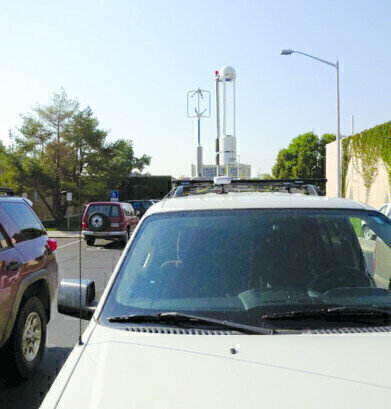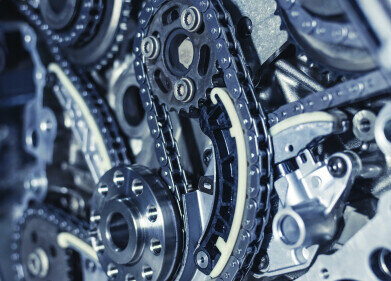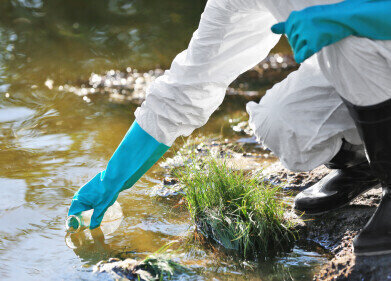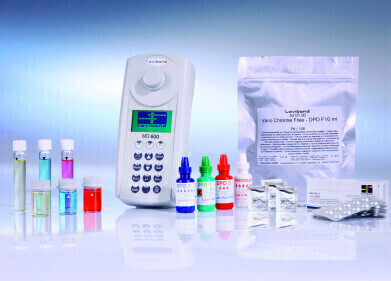Portable/Field Testing
Methane Monitoring Initiative uses Analyser to Detect and Map Urban Methane Leaks
Jul 22 2014
Measuring methane and other gas leaks from the pipes beneath America's largest cities will help track preventable sources of environmental pollution. Cars equipped with methane measuring instruments to map leaks within cities is part of a major joint initiative. LI-COR Biosciences (USA), a world leader in instrument systems for environmental research, today announced its involvement in this major initiative of the Environmental Defense Fund (EDF), Google Earth Outreach, and Colorado State University (CSU).
LI-COR provides a unique measurement technology - the LI-7700 Open Path CH4 Analyzer - a compact, weatherproof methane analyser. The LI-7700 is capable of measuring methane concentration up to 40 times per second, with high accuracy and precision, on just 8 watts of power (less than that required by a single compact fluorescent light bulb). The ultra-fast sampling by this device provides unparalleled detail for methane mapping from a moving vehicle, with spatial resolution ranging from tens of centimeters to below one meter.
As a result of this unique technology, the LI-7700 instrument allows rapid and accurate detection of virtually every methane plume the vehicle passes through. This is unlike most previous experiments in methane leak measurements that have only been able to grab periodic "snapshots" of the methane leak plumes, or have measured the methane concentrations in the plumes relatively slowly.
The joint venture of the EDF, Google Earth Outreach, and CSU has spent over two years developing and testing these measurement systems, proving that highly accurate research-grade measurements can be achieved under real-world conditions.
"Accurately determining where methane leaks have occurred relies in large part on the gas analyzer's ability to rapidly and thoroughly describe the 'edges' of the gas plume where natural air meets the area of elevated methane," says George Burba, LI-COR principal scientist. "The LI-7700 determines methane concentrations as small as single parts per billion, and can sample at rates as fast as 40 times per second. This is 10 to 20 times faster than other deployed technologies. As a result, it captures reliable and detailed data needed for high-resolution mapping."
"The LI-7700 is specifically designed for year-round outdoor deployment, and for minimal and easy periodic maintenance. In addition, it's able to run on very low power with no need for pumps or expensive and elaborate auxiliary equipment. It just 'keeps on ticking.' We're honoured to contribute to this ground-breaking program," says Burba.
Digital Edition
AET 28.2 April/May 2024
May 2024
Business News - Teledyne Marine expands with the acquisition of Valeport - Signal partners with gas analysis experts in Korea Air Monitoring - Continuous Fine Particulate Emission Monitor...
View all digital editions
Events
Jul 30 2024 Jakarta, Indonesia
China Energy Summit & Exhibition
Jul 31 2024 Beijing, China
2024 Beijing International Coal & Mining Exhibition
Aug 07 2024 Beijing, China
IWA World Water Congress & Exhibition
Aug 11 2024 Toronto, Canada
Aug 25 2024 Stockholm, Sweden and online










.jpg)








